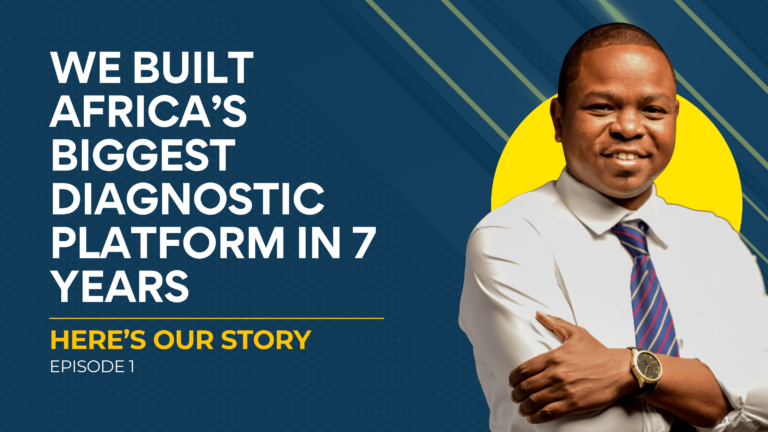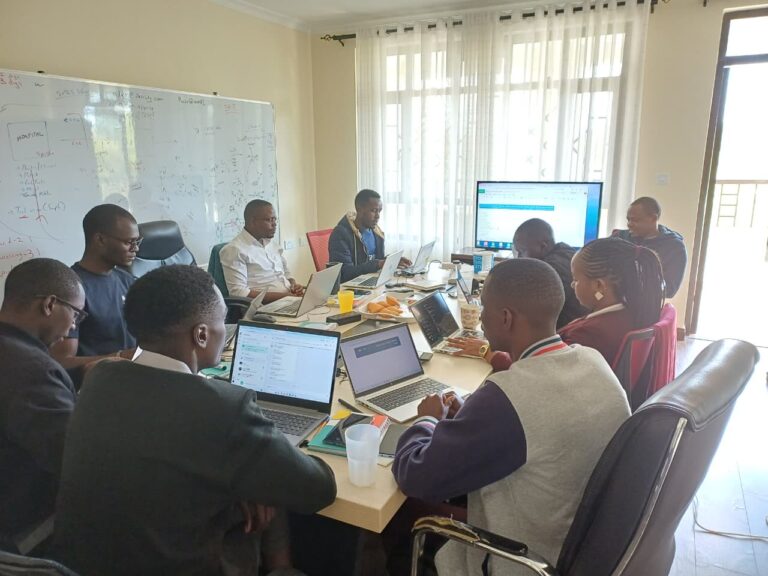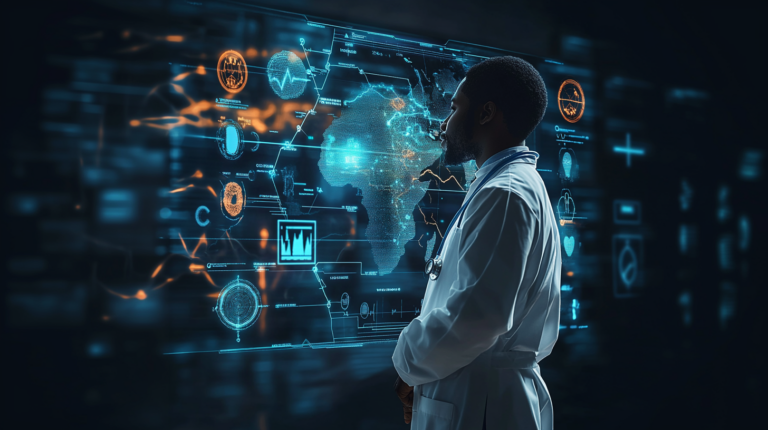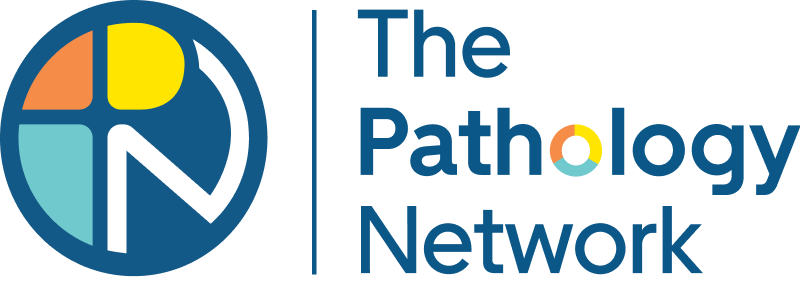
Preparing AI for Africa and Africa for AI
The more I learn about AI, the more fascinating (and slightly unnerving) it becomes. Something monumental has shifted. We all sense it. How we work, play, and interact is being fundamentally altered, forever.
Machines are now performing tasks we once thought only humans could do. Those who use AI to turbo-charge productivity are leaving the rest of humanity behind, especially those with limited access to the technology.
Knowledge is cheap. The new gold? Context. And in healthcare, nothing is more powerful than deep medical expertise combined with clinical and local situational context.
So when I read that in July 2025, Kenya led the world in ChatGPT usage as a percentage of its connected population, I had to pause. What! Who would have thought that would happen? What happens when energetic, creative, youthful Kenyans pour tons of local context into powerful AI tools? How will it change Kenya? What will it mean for Africa? And more importantly for me? How will it shape healthcare?
Terraforming: A Sci-Fi Analogy with Real-World Relevance
As a teenager, I loved science fiction. One idea seared itself into my imagination: the terraforming of Mars. Bold, audacious, and probably a bit cocky, the notion of re-engineering a barren planet into a breathable, water-filled world.
I pictured giant robots optimising air quality, conjuring rivers, and coaxing reluctant Martian soil into life. That vision probably taught me more about ecosystems than any high school classroom.
Today though, I see a similar (though admittedly more down-to-earth) process taking place across Africa, in every industry, including my own. Africa is terraforming its digital systems in preparation for AI.
While news about innovative new AI-based clinical tools continues to dominate the headlines, we rarely talk much about the environment in which these tools will operate.
There are arguments on the benefits, limitations, and risks of AI presented elsewhere in great detail by professionals in the field. I won’t attempt to discuss them here. Nonetheless, from the perspective of a user, it’s evident that whether as a golden agent for good, an over-hyped technology or the herald of a dystopian future, AI is here to stay. So, while more developed regions of the world race for global AI supremacy, I believe that Africa could use this once-in-a-century opportunity to decisively elevate its people and reshape its destiny by adopting AI in education, healthcare and other industries.
It is probably necessary to clarify that when I say AI, I don’t mean ChatGPT alone. OpenAI undoubtedly did us all a huge favour by bringing AI down to street level, igniting our common imagination about AI and its possibilities. But large language models have their limitations. For Africa, a broader definition of AI matters — one that includes everything from machine learning for diagnostics, to computer vision for pathology, to automations that knit it all together. These technologies, working in concert with physical processes, are what can help solve our toughest problems.
To make sense of Africa’s healthcare AI journey, I picture it in two steps (often overlapping).
Two Steps on Africa’s AI-Healthcare Journey
Step 1: Terraforming the healthcare system for AI
Step 2: Integrating custom AI technologies into clinical workflows
Healthcare is complex everywhere, but Africa’s fragmented, under-resourced systems pose special challenges. Before AI can thrive here, we must make the environment breathable. That means laying down data, connectivity, and hardware foundations.
Air: AI Breathes Data
If AI had lungs, it would inhale data: facility maps, logistics, drug inventories, epidemiological records, and clinical practice patterns. The more abundant and cleaner the data, the more reliable the AI.
At the risk of over-anthropomorphising, I think of AI more like a well-built athlete trained at low altitude with plenty of oxygen, but drop it into Africa’s thin-data atmosphere, and it struggles and under-performs.
Africa has long been ‘oxygen-poor’, but it’s changing, the atmosphere is thickening. Kenya’s Master Health Facility Registry geotags every hospital, for example. And Nigeria has published national facility databases. Private companies, from Google Maps to small local startups, are generating digital oxygen at scale. Slowly but surely, the continent is exhaling enough data to sustain AI life.
Water: AI Flows Through Connectivity
Mars needs water. Africa needs the Internet. AI thrives on connection, learning from constant human interaction. Internet penetration now tops 40% in nearly half of African countries. Electricity remains the bottleneck, but initiatives like the World Bank and AfDB’s “Mission 300” are switching on millions. Where the grid flows, the internet quickly follows.
And then there’s Starlink. Suddenly, clinics running on solar or diesel can beam satellite broadband. It’s hard not to smile at the irony: the company trying to terraform Mars is also helping to connect rural Africa.
Earth: AI Lives on Hardware
Martian soil won’t grow crops. African AI won’t grow without servers. Smartphones are everywhere, but AI really lives in data centres—those vast, energy-hungry server farms that power this emerging digital organism. And in Africa, where electricity itself is still scarce in many regions, building and sustaining these centres is as much a part of the terraforming as the data and connectivity.
For too long, Africa’s AI has run on foreign soil. That’s changing. Data-centre capacity is growing. IFC is backing players like Raxio, and G42/Microsoft/Ecocloud are investing $1 billion in a geothermal-powered facility in Kenya. The soil is warming. The seeds are planted.
Mars Is Not Earth. Africa Is Not Europe.
Of course, Mars is not Earth. The gravity on Mars is weaker, its years are longer, its atmosphere is colder and thinner. Terraforming scientists accept these facts, and they design accordingly. The organisms they may one day deploy will probably be genetically modified to thrive in the dry Martian soils.
Likewise, Africa is not Europe or the Americas. Its people, politics, languages, diseases, and cultures are different. Its priorities are different. The “flavour” of AI here will almost certainly be different as well, and probably regionally unique to reflect Africa’s richness and heterogeneity.
I believe AI will find a home in Africa’s healthcare system. We are actively making one for it. But we must adapt: shedding off the behaviours and biases shaped by other ecosystems and conforming to African realities for it to truly thrive. Startups and innovators will continue to play a key role in building this adaptation layer. Still, governments have the greater responsibility: they set the physical laws, the regulatory “gravity and sunlight” that will determine how our AIs grow. If poorly calibrated, regulation could leave AI drifting aimlessly in Africa’s healthcare environment, touching a few lives here and there but never reaching its potential for impactful scale, or it may wither away entirely under the heat of overregulation. But with the right balance, AI can take root, grow strong, and flourish.
Preparing AI for Africa and Africa for AI
The terraforming metaphor isn’t just my sci-fi nostalgia. I use it because environments matter. Before AI can work in African healthcare alongside healthcare workers, it needs an environment rich in breathable data, flowing with connectivity, and availability of fertile hardware.
We are steadily building all three on the continent, but the question is whether, when all is ready, we will plant wisely. Will AI widen health gaps or close them? Will it be just another imported tool, or will it become an African co-worker trained in our languages, attuned to our patients, shaped by our realities?
For my part, I am dedicated to harnessing digital technologies in sustainable ways for the benefit of African communities serving as a bridge between healthcare, technology, and entrepreneurship. My work is to help build the systems that will make the future better, not just for us, but for our children, and for theirs.
Terraforming takes time. Some parts of Africa will be ready sooner than others, and some communities will reap the benefits earlier. Nonetheless, one day we will be done, and looking back, we’ll realise: we didn’t just prepare Africa for AI, we prepared AI for Africa.


